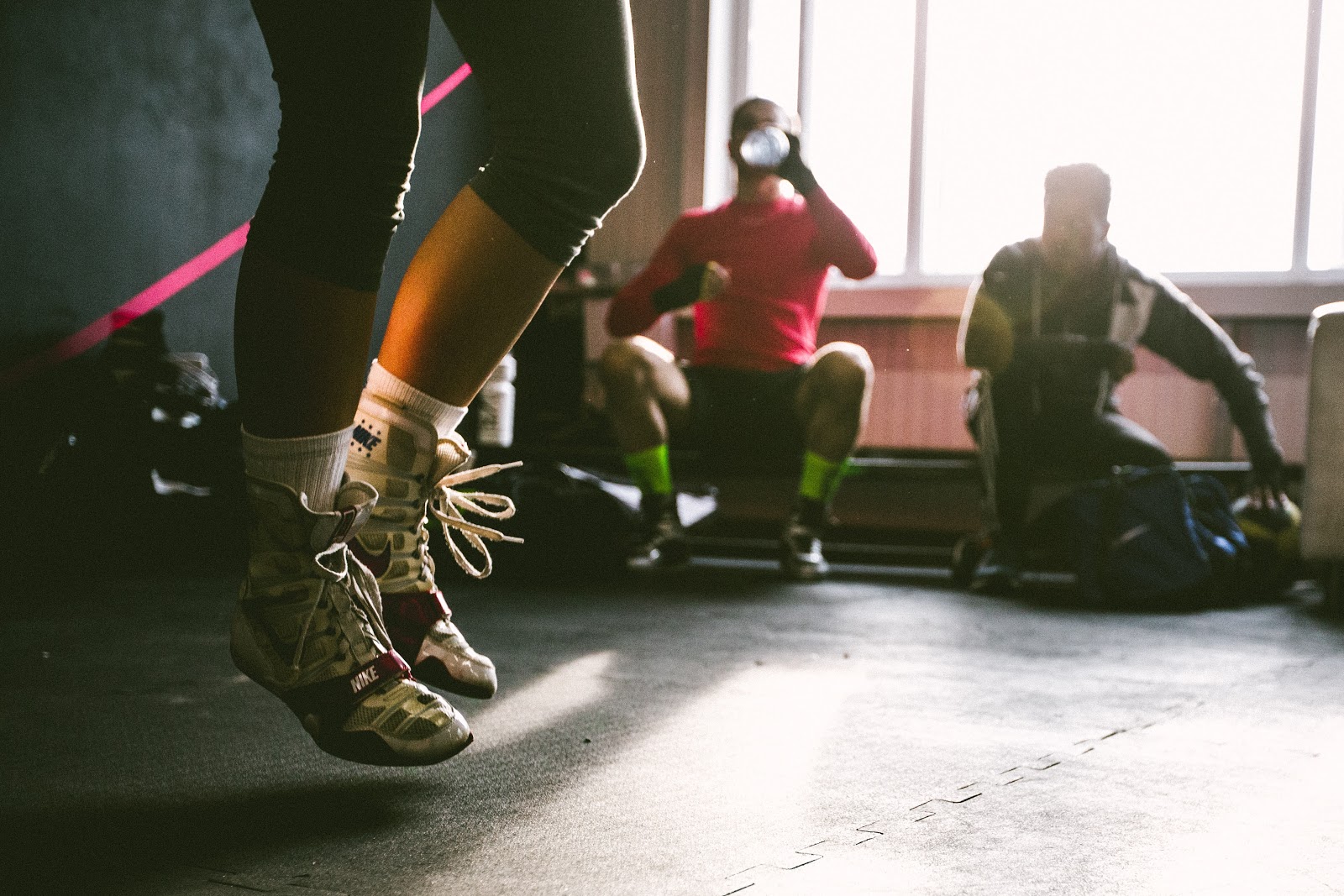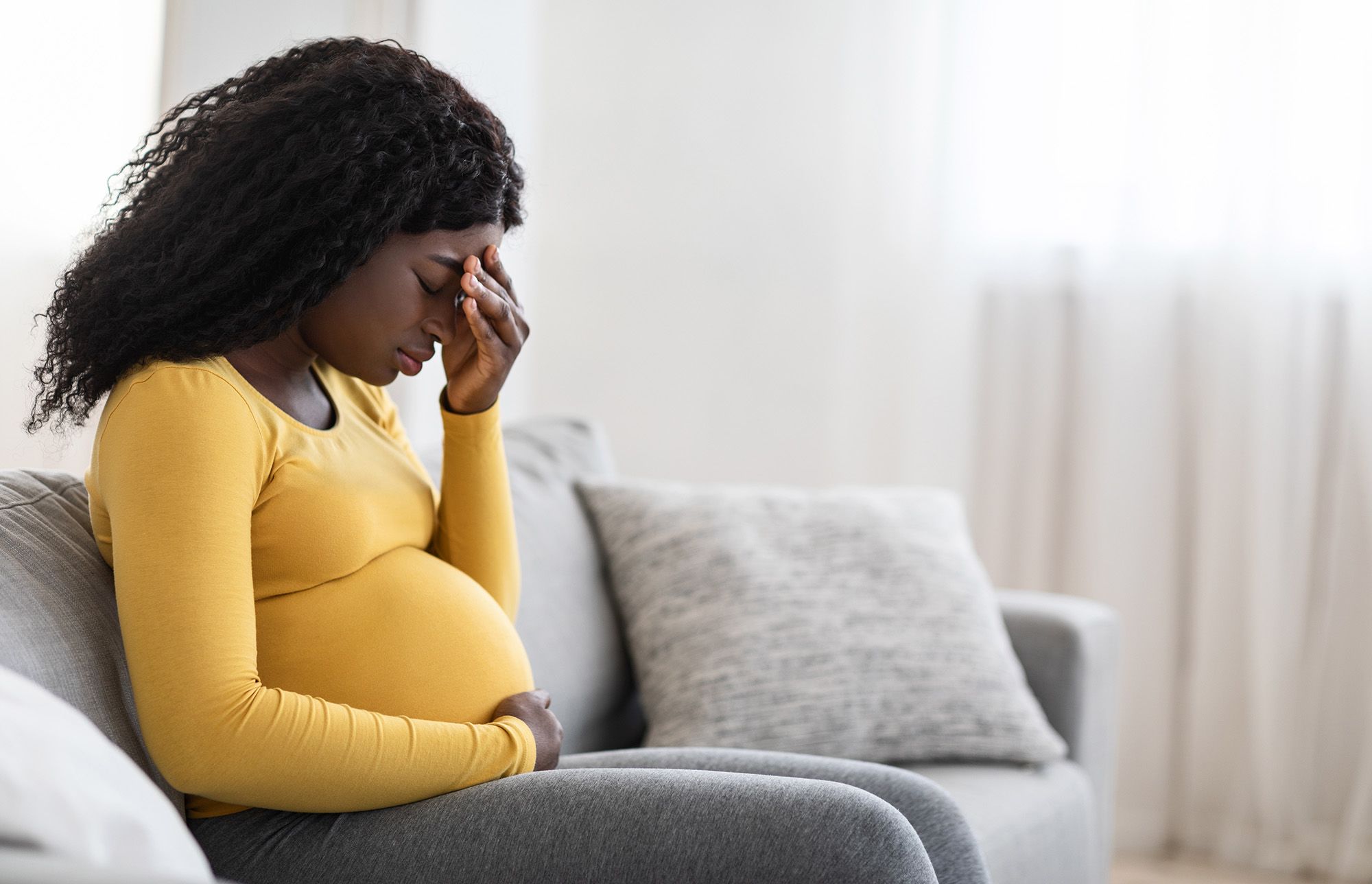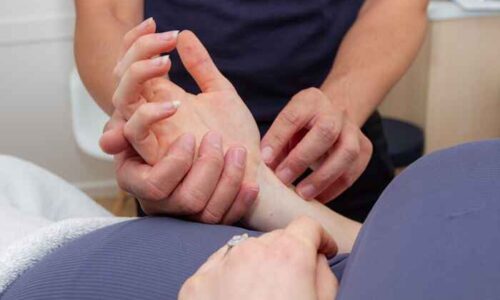Do you have vein problems or does anybody in your family have them?
If yes, then you would know why a lot of people are trying their best to find healthy habits that can keep their veins healthy.
If you are lucky, then you still have not developed varicose veins or spider veins in your legs, but for some of us who work long hours standing or walking around, varicose veins are a common problem and we want solutions and tips on how to keep them healthy.
But before we move on to any of the clinical stuff, we need to understand what veins are.
I’m sure a lot of you know that it’s where blood passes through in your body, but scientifically speaking, veins carry deoxygenated blood towards your heart contrary to arteries that carry oxygen-rich blood from the heart to the organs in the body.
They direct blood that does not have oxygen back to the heart and to the lungs to be oxygenated again (technically speaking, the only vein that has oxygen is the pulmonary veins since they carry oxygenated blood from the lungs to the left atrium to be returned to the system).
There are four types of veins:
- Deep veins that are found within the muscles
- Pulmonary veins that transport blood that has been filled with oxygen by the lungs towards the heart (an exception in the definition that veins carry deoxygenated blood)
- Systemic veins that are located in the various areas of the body
- Superficial veins that are closer to the surface of the skin
When we talk about varicose or spider veins, we mainly talk about the superficial veins of the lower extremities.
The problem with varicose veins and spider veins is that when the walls or the valves that proper blood to the heart weakens, blood pools, and thus symptoms of venous insufficiency show.
Here are some golden tips on how to keep your veins healthy to avoid getting varicose or spider veins:
Daily Habits to Keep Your Veins in Good Health

1. Drink water
It has been stressed so much but it still holds true: drinking water is important in keeping your veins healthy. Drinking enough fluids will assure that your blood circulation is good.
Aim for 12 glasses of water or more! Drink more when you are exercising or sweating to replenish the fluids that your body has lost.
2. Elevate your legs
Elevating your leg will help keep your blood flowing from the lower extremities and back up to the heart. Gravity helps pull down blood and when there are defective veins and prolonged standing, pooling of blood occurs and increases your chances of getting varicose veins.
Elevate your legs when you are watching TV, reading, or sleeping to help reduce the risk of varicose veins.
3. Wear compression stockings
Compression stockings are the mainstay for the treatment of varicose veins and their symptoms. It helps decrease swelling, discomfort, and decreases the risk of further progression.
If you have varicose or spider veins, wearing compression stockings may help alleviate your symptoms. If you are at risk for varicose veins, wearing compression stockings may benefit you especially if your work involves standing for a prolonged time.
Risk factors for varicose veins include pregnancy, older age group, obesity, a family history of varicose veins and standing or sitting for a long period of time.
4. Exercise
Exercising will help pump blood from the vein through the calf muscles. Exercise will also help you keep a healthy weight to decrease your risk of getting varicose veins. Exercises that are healthy for the veins are those that don’t involve you carrying heavy weights. Exercises like swimming, yoga and bicycling are good for the veins!
See Also: How Can Exercise Boost Your Mental Health?
5. Stop smoking
Smoking causes vasoconstriction or narrowing of the veins thus increasing your risk not only for varicose veins but for more serious vessel diseases like Buerger Disease and peripheral artery disease.
Smoking also increases your risk of getting aneurysms and smoking, so varicose veins are actually the least of your worries.
Cigarettes also have carbon monoxide and tar, both of which decrease the oxygen content of the blood in which case, when veins become inflamed or injured, the body’s response to healing the areas involved is slower causing damage to the veins.
6. Eat healthy
A healthy diet does not only ensure healthy veins but a healthy body overall. For patients with varicose veins and venous insufficiency, a diet that has low salt is highly recommended. The suggested daily salt content for a regular person is only 2g per day. Anything more than that increases your risk for a number of diseases like hypertension. Avoid processed food and salted snacks and stick to those with high potassium content like fruits, vegetables, and beans.
Flavonoids are also good for your vein! Flavonoids are food that contains a polyphenolic structure, meaning this structure helps antioxidants protect the body from oxidative stress. Some research has shown that a deficiency in flavonoids may cause fragility in the capillaries.
7. See your doctor
If you have symptoms of varicose veins or any vessel disease, it is best to get a consultation with your healthcare provider such as varicose veins clinic in Phoenix. Remember that early treatment is important to avoid further complications.
Do not make the mistake of visiting your doctor when the symptoms are worse because this might mean that the disease has already progressed. Home remedies often fail when it comes to treating varicose veins and over the counter treatments like creams or oils do not help treat them.
The primary treatment for varicose veins is still wearing compression stocking, leg elevation, and weight management.
New surgical procedures for varicose veins are now done on an outpatient basis with very minimal pain and less invasive techniques.
Remember that our veins may be small but they play a big role in our body. Making sure that we keep them healthy ensures that they do not cause further problems in the future.
In any disease, a healthy lifestyle combined with a balanced diet is always the key to prevention.
Post You May Also Like




